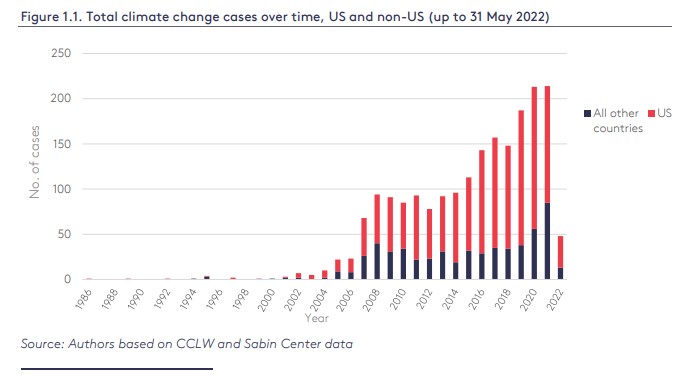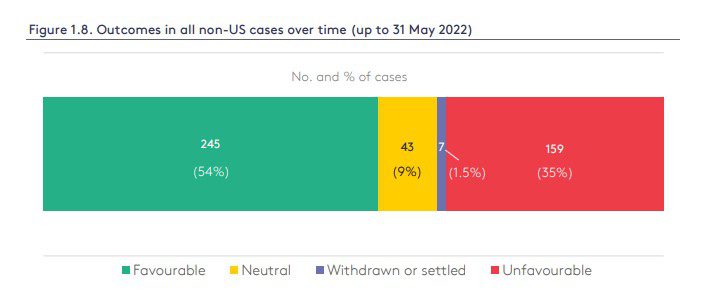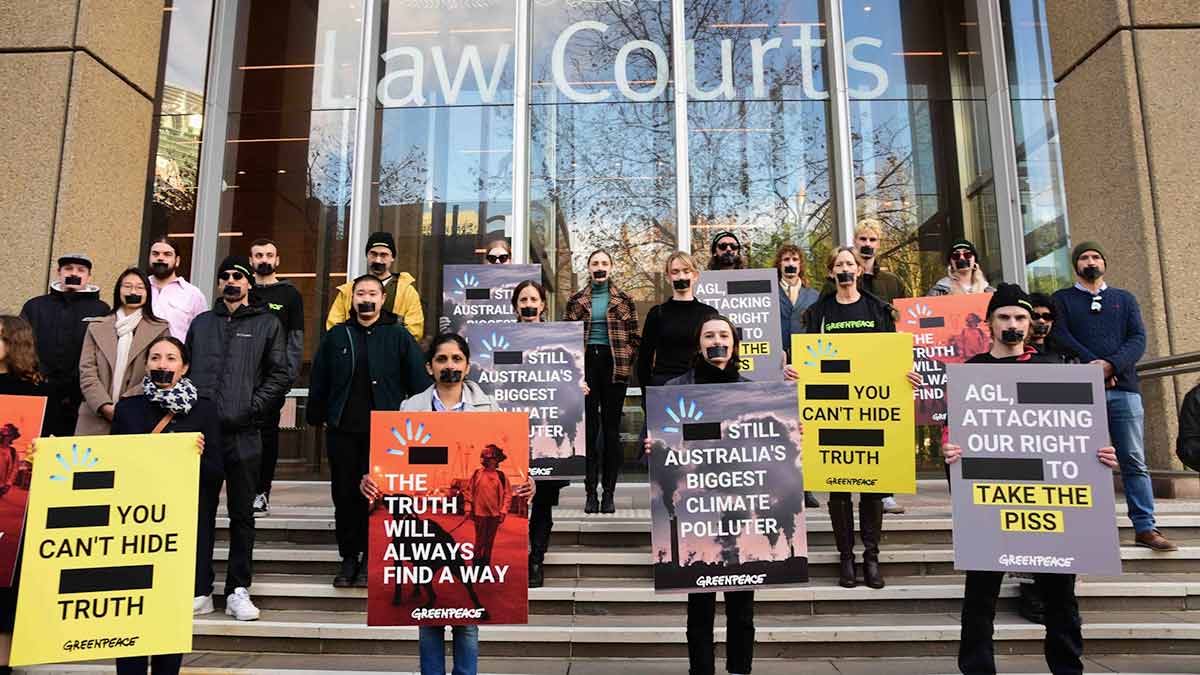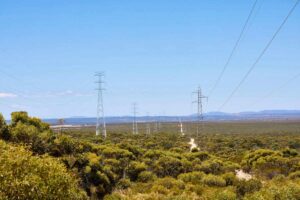Australia is emerging as one of the world’s leaders in climate change litigation, with a new report detailing the growing number lawsuits being launched globally against governments and fossil fuel companies alike, seeking accountability the impacts of global warming.
New research published by the Grantham Research Institute on Climate Change and the Environment, found Australia is one of the most litigious countries for climate change related cases – ranking second globally for the number of climate litigation cases launched since 2020, behind only the United States.
A total of 124 climate change related legal cases have been launched in Australia, more than the United Kingdom (83 cases), and the entire European Union (60 cases).
Reflecting its famously litigious nature, the United States has been host to by far the highest number of climate cases launched, totalling more than 1,400 distinct climate change related lawsuits.
The report has been authored by Joana Setzer and Catherine Higham from the London School of Economics and Political Science.
The researchers observe a a growing diversity of legal strategies being adopted by climate litigants, including cases targeting government accountability for setting and achievement of emissions reduction targets, accountability for the expansion of the fossil fuel industry, and action against the public and private funders of fossil fuel projects.
“Climate change litigation continues to evolve rapidly, and we expect that case numbers will carry on growing,” the research paper says.
“We also expect the range of claimants and defendants to continue to diversify, reflecting an increased understanding of the role that multiple actors play in the causes and the solutions to climate change.”
Litigation strategies have varied between jurisdictions, with cases often drawing upon human rights principles in countries where such rights are enshrined in law. In jurisdictions, like Australia, where there are minimal constitutionally enshrine rights, legal action has focused on the appropriate exercise of government decision making powers.
Australia has seen a number of high profile challenges to regulatory approvals of fossil fuel projects, including the ‘Sharma’ case, launched on behalf of a group of school students that sought establish the federal government owed a duty of care to young people to protect them from the impacts of climate change when exercising powers under environment laws.
Australian oil and gas giant Woodside is currently being sued by the Australian Conservation Foundation over its plans to develop the Scarborough gas field, with the environment seeking to stop the project until its potential impacts on the Great Barrier Reef are assessed under the same federal environment laws.
Santos is also being used by a group of company shareholders, over suggestions the company sought to mislead shareholders when it claimed that fossil gas was a form of “clean energy”.

The authors of the report say the research observed a steady increase in the number new climate cases being launched each year, with around 500 new cases have been launched since 2020, with a growing focus on legal action being taken directly against producers and consumers of fossil fuels.
“Cases against the Carbon Majors and other companies involved in the extraction of fossil fuels or the provision of fossil energy have continued to proliferate, now more significantly outside of the US,” the report says.
“Cases are also being filed against a more diverse range of corporate actors. In the calendar year 2021, while 16 of the 38 cases against corporate defendants were filed against fossil fuel companies, more than half were filed against defendants in other sectors, with food and agriculture, transport, plastics and finance all being targeted in multiple cases.”
The research shows that climate litigation has been far from frivolous, with a majority (54 per cent) of the more than 450 cases launched outside of the United States resulting in findings deemed “favourable for climate action”.

The researchers say that while climate litigation to date has focused on launching action against governments and corporations – there is an emerging trend for legal action to be launched personally against individuals, such as company directors.
“The past 12 months have seen considerable discussion of the individual responsibility that different actors involved in the fossil fuel industry and beyond bear for contributions to climate harm,” the research paper says.
“Several case theories and ways of framing this issue are now under development, ranging from criminal actions, to cases focused on the duties of directors, officers and trustees to manage climate risks.”
“While some of these arguments have already started to manifest in climate cases, we believe it is likely that they will become more developed and higher-profile in the years to come.”
The researchers also issue a warning to companies seeking to rely on technologies like carbon capture and storage to offset emissions from fossil fuel extraction, suggesting that such ‘green washing’ strategies could also become a target for a growing number of lawsuits.
“Also anticipated is a continued rise in litigation against governments and major emitters challenging commitments that over-rely on greenhouse gas removals or ‘negative emissions’ technologies, as well as cases that are explicitly concerned with the climate and biodiversity nexus,” the report says.








